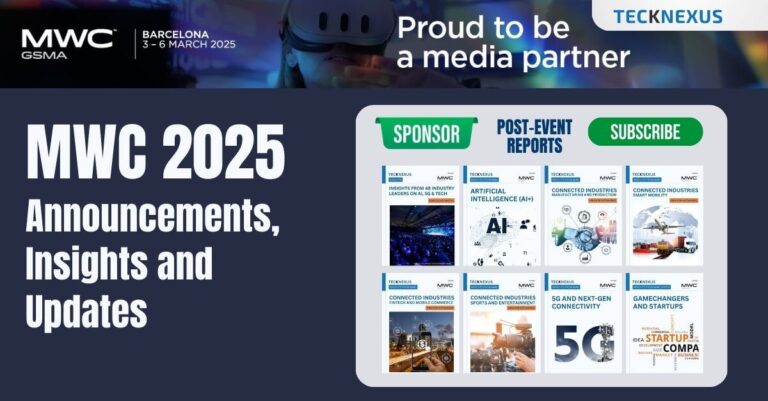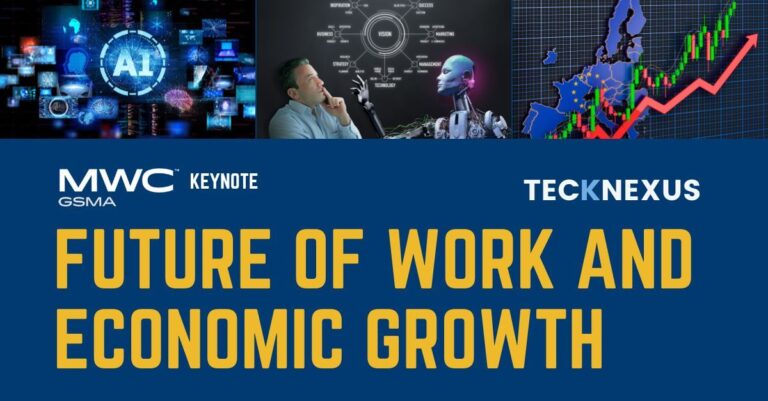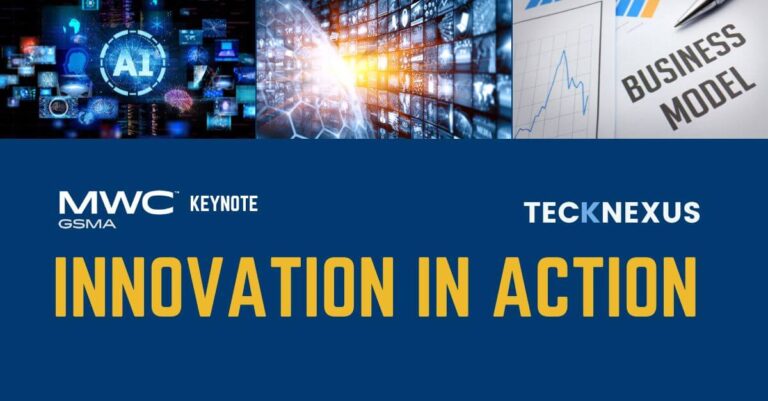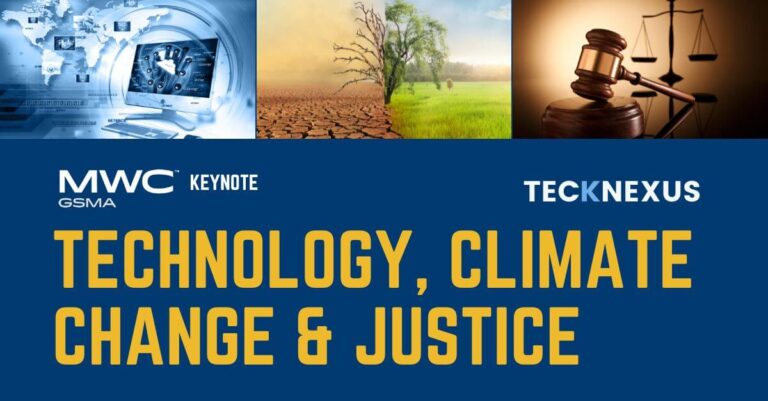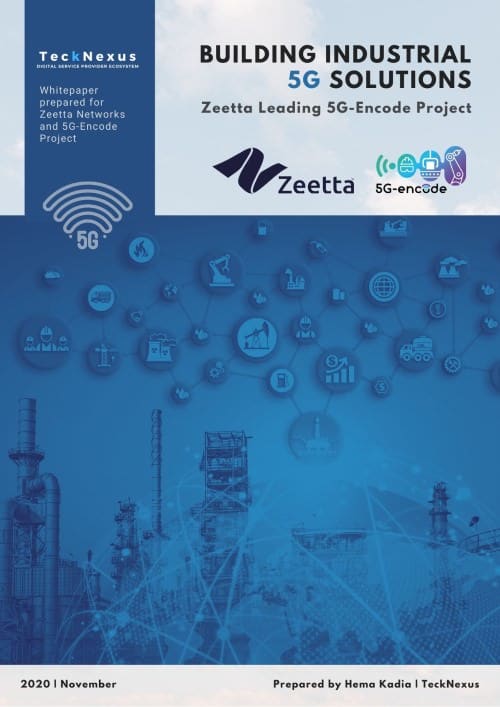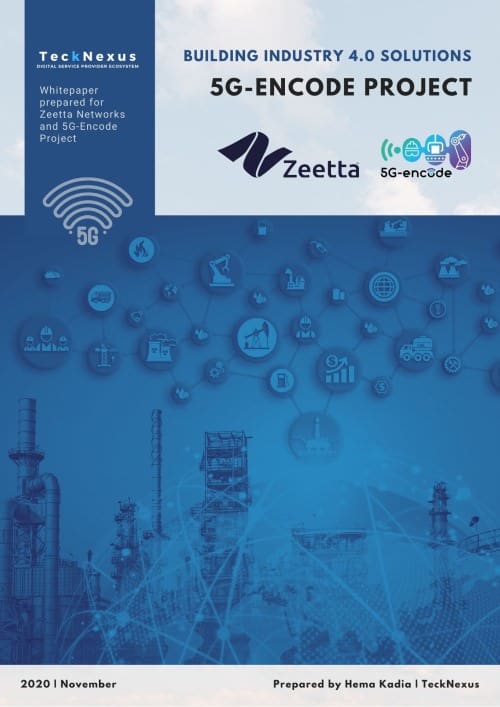Exploring O-RAN ALLIANCE’s Impact on AI-Driven RAN and 6G Standardization
The O-RAN ALLIANCE, a pivotal player in the telecommunications sector, has recently made significant strides in promoting open, AI-driven Radio Access Network (RAN) standardization. This was vividly displayed at their latest summit during MWC Barcelona 2025, spotlighting their ongoing efforts to not only advance RAN technologies but also steer the industry towards the emerging 6G standards.
O-RAN ALLIANCE’s Mission and Technological Advancements
Under the guidance of Abdu Mudesir, Chair of the Board of O-RAN ALLIANCE and Group CTO of Deutsche Telekom, the organization has been a beacon of innovation. Their core mission is to foster an environment where openness leads to better interoperability and innovation. By integrating AI, the alliance aims to enhance network efficiency and management, while promoting virtualization for scalable, cloud-based RAN deployments. This approach is designed to increase vendor diversity, spur competition, and ultimately lead to more cost-effective network solutions.
Strategic Priorities for Global O-RAN Deployment
Members of the O-RAN ALLIANCE have pinpointed key areas vital for the global deployment and scalability of O-RAN architectures. These focus areas include the development of high-performance, interoperable open fronthaul interfaces that are crucial for efficient massive MIMO operations. Further, the advancement of AI-driven network management via mature RAN Intelligent Controllers (RIC) and decoupled Service Management and Orchestration (SMO) systems are central to their strategy. Security is also a paramount concern, with initiatives like an expanded security assurance program and the implementation of Zero Trust Architecture (ZTA) to safeguard the O-RAN ecosystem.
AI Integration within RAN Architectures
The incorporation of AI in RAN has been a foundational element of the O-RAN strategy. This includes support for hierarchical RICs and open interfaces that enable intelligent network management and optimization. Noteworthy progress in this area includes RIC-enabled enhancements for energy efficiency and the optimization of massive MIMO configurations. Additionally, the RAN Information Exposure (RAIE) framework now allows third-party developers to create optimized applications leveraging real-time network data, further enriching the AI/ML lifecycle and data management capabilities within RAN systems.
Supporting Global Standardization and Industry Verticals
Collaboration with international standardization bodies like ATIS, ETSI, and others ensures that regional standards are aligned with O-RAN specifications, which helps avoid fragmentation and promotes global uniformity. These efforts are supported by funding initiatives that encourage research and development in open and intelligent RAN technologies. Moreover, O-RAN solutions tailored to specific industry needs, such as healthcare and transportation, demonstrate the alliances commitment to supporting high-performance connectivity solutions across various sectors.
Pathways Toward 6G Collaboration
As the telecommunications industry edges closer to 6G, the O-RAN ALLIANCE is actively cooperating with standards body 3GPP to ensure a cohesive approach to 6G development. This collaboration is aimed at integrating O-RAN’s open and intelligent solutions into the broader 6G framework, ensuring that future standards are both consistent and complementary to existing technologies.
Highlights from the O-RAN ALLIANCE Summit
The recent summit at MWC Barcelona 2025 served as a critical platform for discussing the current advancements and challenges in O-RAN deployments. It featured insights from 24 experts across six sessions, delving into continuous innovation in AI, security enhancements, and the application of open RAN across various industry verticals. These discussions underscore the commitment of the O-RAN ALLIANCE to reshape the mobile network landscape through more intelligent, open, and interoperable RAN solutions, setting the stage for the next generation of mobile networks.
For additional information and access to session recordings from the summit, visit the O-RAN ALLIANCE website.
This comprehensive approach not only underscores the alliances dedication to enhancing RAN deployments but also highlights its pivotal role in paving the way for future mobile network technologies, including the anticipated 6G networks.







